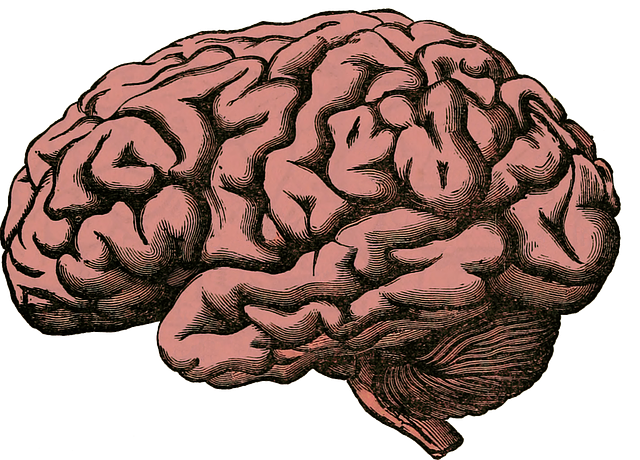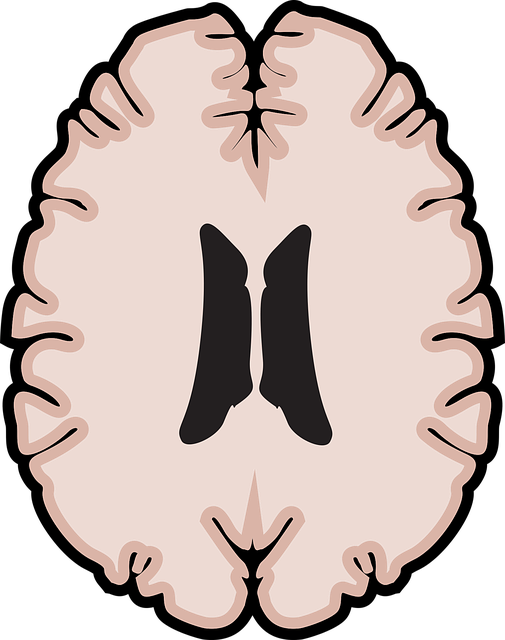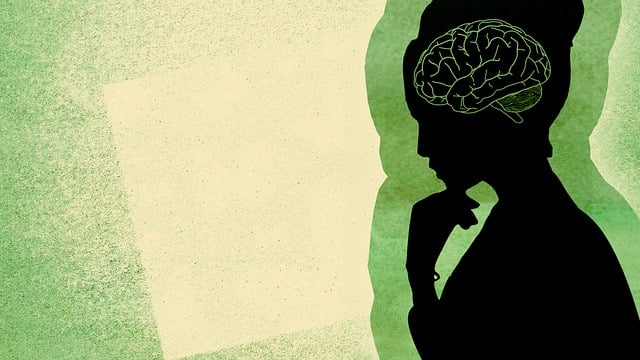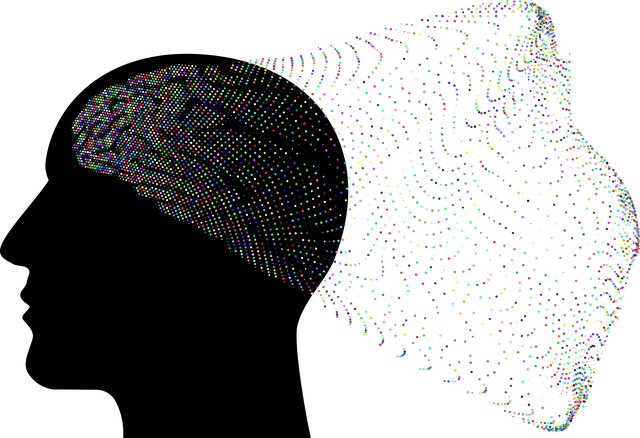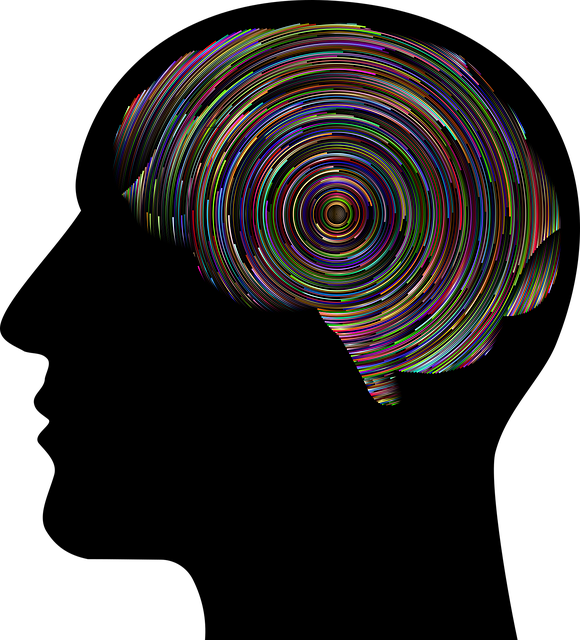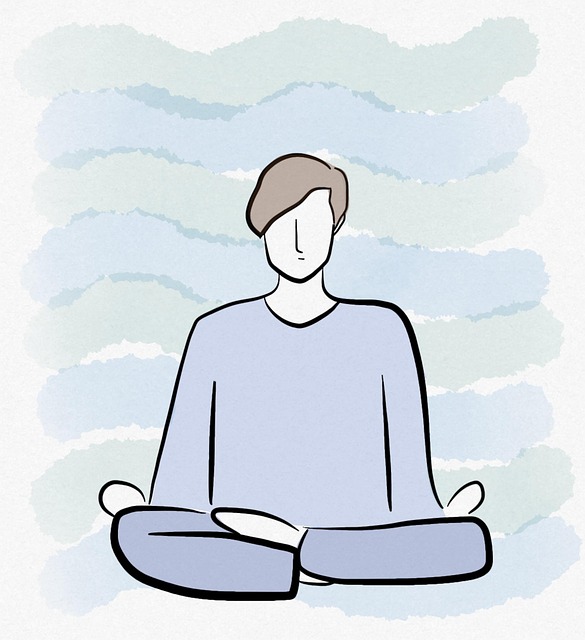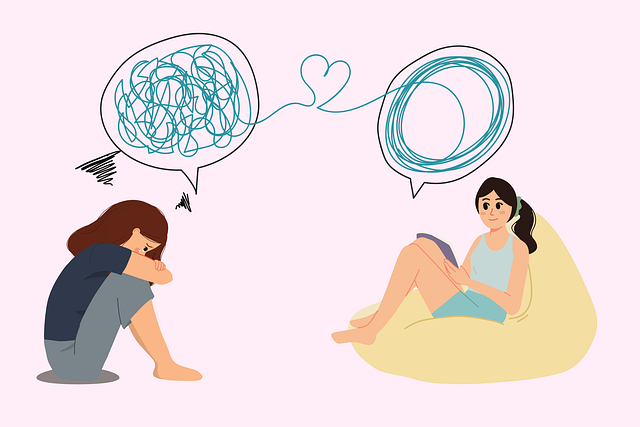Understanding mental wellness programs for young children involves recognizing their unique brain development needs. Early intervention focuses on resilience and healthy coping mechanisms, employing specialized therapies like play, art, and age-adapted CBT. Education empowers them with mental health knowledge, while trauma support services help process adverse experiences. Tools like the Children's Global Assessment Scale (CGAS) aid in diagnosing psychosis symptoms, guiding tailored interventions. Quantitative evaluation tracks key metrics like symptom reduction and cognitive improvements to measure program success and inform public awareness. Qualitative methods reveal hidden challenges and successes, providing deep insights into a child's mental health journey. Integrative strategies combine qualitative interviews, observations, and standardized assessments for a holistic understanding of each child's progress, ensuring programs cater to therapy for young children psychosis while fostering long-term mental wellness.
Mental wellness programs for young children are essential in fostering healthy development. This article explores comprehensive evaluation methods, from understanding specific interventions to assessing psychosis symptoms and tracking progress. We delve into quantitative techniques measuring outcomes and qualitative approaches revealing hidden challenges and successes. By integrating these strategies, professionals can optimize therapy for young children with psychosis, ensuring tailored and effective support.
- Understanding Mental Wellness Programs for Young Children
- Assessment Tools for Evaluating Psychosis in Children
- Quantitative Evaluation Methods: Tracking Progress and Outcomes
- Qualitative Approaches: Uncovering Hidden Challenges and Successes
- Integrative Strategies for Comprehensive Program Evaluation
Understanding Mental Wellness Programs for Young Children

Understanding mental wellness programs for young children is a nuanced task given their developing brains and unique needs. These programs often focus on early intervention to address emerging mental health issues, aiming to foster resilience and healthy coping mechanisms before conditions like psychosis become entrenched. Therapy for young children with psychosis, for instance, involves specialized approaches tailored to their age, incorporating play therapy, art therapy, and cognitive behavioral therapy (CBT) adapted for their comprehension level.
Mental health education programs designed specifically for this demographic empower them with knowledge about mental wellness. Trauma support services within these programs help children process and overcome adverse experiences, promoting emotional stability. Simple practices like Mental Wellness Journaling Exercises guide young minds to express and understand their feelings, while guidance on building healthy habits contributes to their overall well-being.
Assessment Tools for Evaluating Psychosis in Children

Evaluating psychosis in children is a delicate process that requires specialized assessment tools tailored to their developmental stage. Many mental health professionals rely on structured clinical interviews and standardized questionnaires designed to identify symptoms of psychosis, such as hallucinations, delusions, and disorganized thinking, which are common in conditions like schizophrenia. These tools help therapists for young children with psychosis assess the severity and impact of symptoms, enabling them to tailor interventions effectively.
One widely used assessment tool is the Children’s Global Assessment Scale (CGAS), which provides a comprehensive evaluation of a child’s overall functioning, including emotional intelligence. By combining clinical interviews with observations, CGAS helps distinguish between normal developmental variations and potential psychotic disorders. Additionally, burn-out prevention strategies and anxiety relief techniques can be integrated into therapy to support the holistic well-being of young clients presenting with psychosis symptoms.
Quantitative Evaluation Methods: Tracking Progress and Outcomes

Quantitative evaluation methods play a pivotal role in measuring the effectiveness of mental wellness programs, particularly when focusing on therapy for young children with psychosis. These methods involve tracking key metrics and outcomes to assess progress over time. For instance, researchers can utilize standardized assessment tools to gauge changes in symptoms, cognitive functioning, and overall psychiatric status before and after intervention. This data provides a clear picture of the program’s impact, helping professionals tailor treatments accordingly.
By employing these quantitative techniques, mental health practitioners can identify successful programs that effectively reduce psychotic symptoms, improve self-esteem, and offer trauma support services. Public awareness campaigns development also benefits from such evaluations, as they help pinpoint areas of success and failure in outreach strategies. This ensures that resources are allocated efficiently, ultimately contributing to better mental wellness outcomes for young individuals.
Qualitative Approaches: Uncovering Hidden Challenges and Successes

Qualitative approaches play a pivotal role in evaluating mental wellness programs, especially when focusing on therapy for young children experiencing psychosis. These methods allow researchers and practitioners to delve deeper into the complex world of a child’s mind, uncovering hidden challenges and successes not always apparent through quantitative measures. By employing techniques like interviews, focus groups, and observations, professionals can gather rich narratives that provide insights into the impact of interventions. For instance, exploring a child’s experience with positive thinking techniques or their perception of depression prevention workshops within an organization can reveal subtleties in their mental health journey.
Qualitative evaluations are particularly valuable in assessing stress management skills developed through workshops, as they enable a nuanced understanding of how children apply these strategies in their daily lives. This approach ensures that programs are not just meeting surface-level goals but actually fostering positive changes by addressing underlying issues. By combining qualitative and quantitative methods, mental health organizations can gain a comprehensive view, leading to more effective and tailored interventions for young individuals navigating psychosis and related challenges.
Integrative Strategies for Comprehensive Program Evaluation

Integrative strategies offer a comprehensive approach to evaluating mental wellness programs, especially for young children experiencing psychosis. By combining multiple evaluation methods, professionals can gain a deeper understanding of the program’s impact and effectiveness. This holistic perspective involves assessing not only clinical symptoms but also the child’s emotional regulation, empathy building, and overall emotional well-being.
Incorporating various techniques such as qualitative interviews, observations, and standardized assessments allows for a nuanced view of each child’s progress. For instance, while therapy sessions can measure improvements in psychotic symptoms, empathy-building strategies may reveal enhanced social interactions and emotional support networks. These integrated evaluations ensure that the program’s success is not just measured by symptom reduction but also by the positive changes in children’s lives, fostering better coping mechanisms and overall mental wellness.
Evaluating mental wellness programs for young children, especially those addressing psychosis, requires a multi-faceted approach. By combining quantitative tracking of progress and outcomes with qualitative exploration of hidden challenges and successes, professionals can gain a comprehensive understanding of program effectiveness. Integrative strategies that blend various evaluation methods enable a more nuanced assessment, ensuring that therapy for young children with psychosis is tailored to their unique needs and optimized for positive outcomes.
